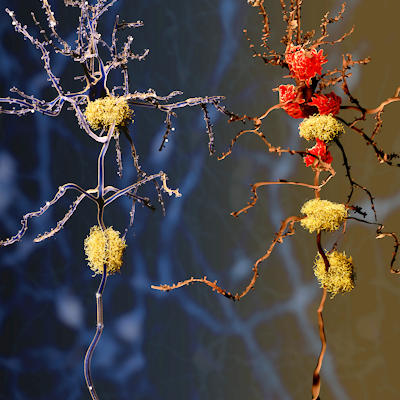 3D cellular models identify potential drug target for preventing Alzheimer’s
3D cellular models identify potential drug target for preventing Alzheimer’s
A 3D cellular model has shown that mutations affect neuronal development and may play a large role in the emergence of Alzheimer’s disease. Read More
 Bio-Techne to acquire Swiss spatial biology firm Lunaphore
Bio-Techne to acquire Swiss spatial biology firm Lunaphore
Bio-Techne announced Thursday that it has reached an agreement to acquire Tolochenaz, Switzerland-based Lunaphore, a developer of fully automated spatial biology products. Read More
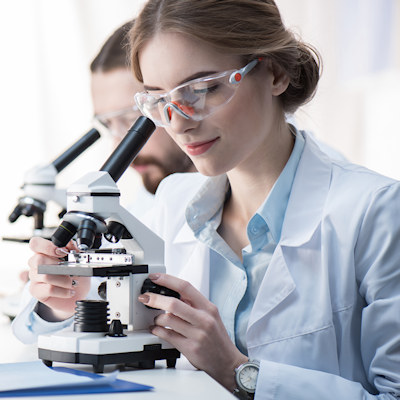 Imaging technique for biological samples combines best of current methods
Imaging technique for biological samples combines best of current methods
Researchers have developed an imaging technique that combines the best attributes of two current ways of viewing biological samples on a microscopic level. Read More
 Visualization of key step in protein production points to potential antibiotic target
Visualization of key step in protein production points to potential antibiotic target
Single-particle cryo-electron microscopy (cryo-EM) has visualized a key step in the production of proteins by bacteria, generating insights that could inform the development of new antibiotics. Read More
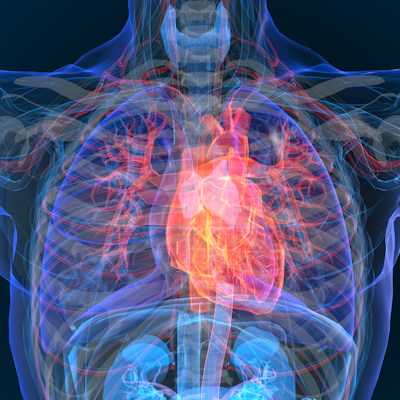 Chemical compound stimulates nerve regeneration, protects heart tissue
Chemical compound stimulates nerve regeneration, protects heart tissue
Researchers have identified a compound that can stimulate nerve regeneration after injury, as well as protect cardiac tissue from the type of damage seen in heart attacks. The study, published Wednesday in Nature, identified a chemical compound called 1938, which activates the signaling pathway of phosphoinositide 3-kinase (PI3K), an enzyme that helps control cell growth. Read More
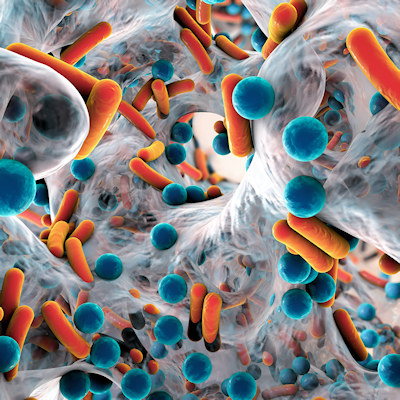 Bacterial reaction to antibiotics revealed within minutes
Bacterial reaction to antibiotics revealed within minutes
A simple-to-use method reveals bacterial reaction to antibiotics in only five minutes. Read More
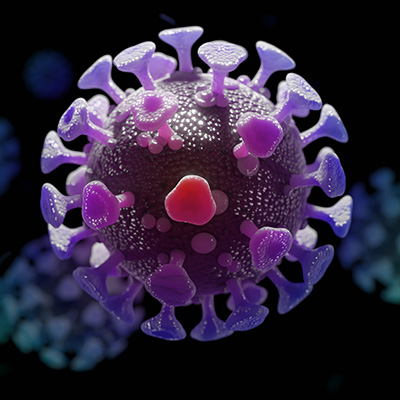 Researchers pitch cytokine-antibody complex as treatment for respiratory infections
Researchers pitch cytokine-antibody complex as treatment for respiratory infections
Researchers have combined a cytokine and an antibody to generate inflammatory responses against viruses while minimizing tissue damage. Read More
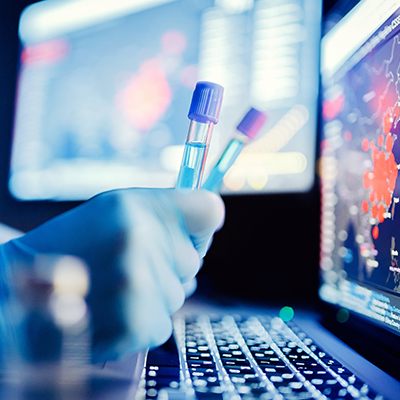 Getting to know the Association of Biomolecular Resource Facilities (ABRF)
Getting to know the Association of Biomolecular Resource Facilities (ABRF)
The Association of Biomolecular Resource Facilities (ABRF) will hold its Annual Meeting May 7 to May 10 in Boston. ABRF is a membership organization that brings together Core facilities across the U.S. and supports more than 2,400 members at over 400 institutions including organizations in government, academia, research, industry, and commercial settings. Over 50% of its members define their area of professional responsibility as either genomics or core administration. Read More
 Opioid receptor analysis reveals way to treat pain without causing euphoria or hallucinations
Opioid receptor analysis reveals way to treat pain without causing euphoria or hallucinations
The analysis of an opioid receptor has revealed a potential way to treat pain without causing addiction or hallucinations, two key barriers to the safe use of painkillers today. Read More
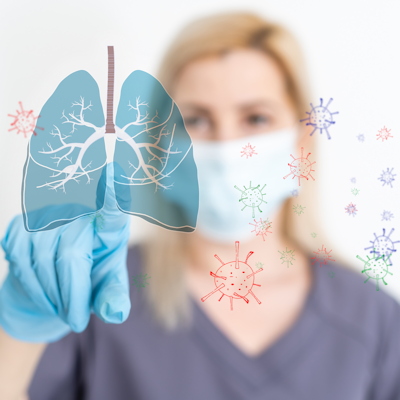 Lab-grown lung organoids may replace animal testing
Lab-grown lung organoids may replace animal testing
Australian scientists have developed a blueprint to create lab-grown human mini-lung models. The research, published Wednesday in the journal Biomaterials Research, can accelerate the development of new drugs while reducing reliance on animal testing. Read More
Conferences
Science Briefs
Member Rewards
Earn points for contributing to market research. Redeem your points for merchandise, travel, or even to help your favorite charity.
Research Topics
Interact with an engaged, global community of your peers who come together to discuss their work and opportunities.
Connect
Tweets by @ScienceBoard






